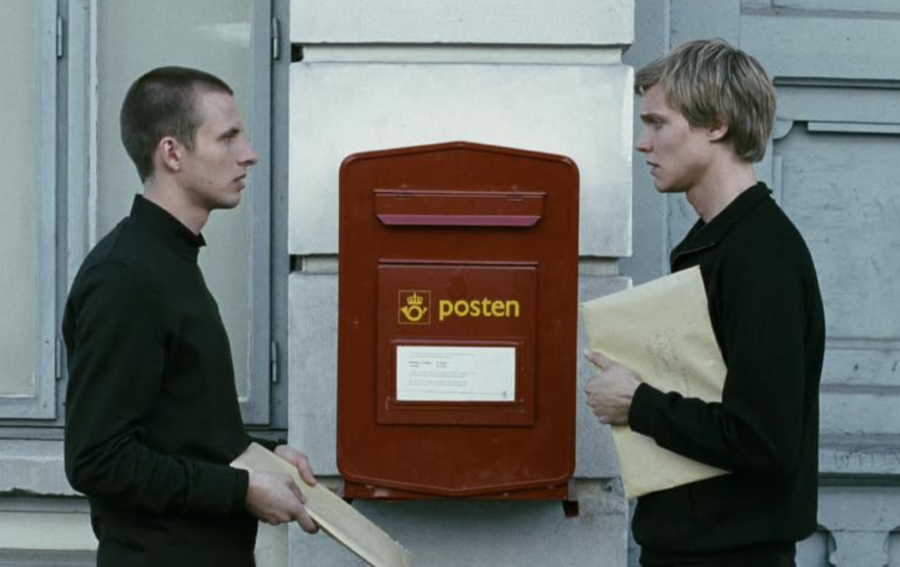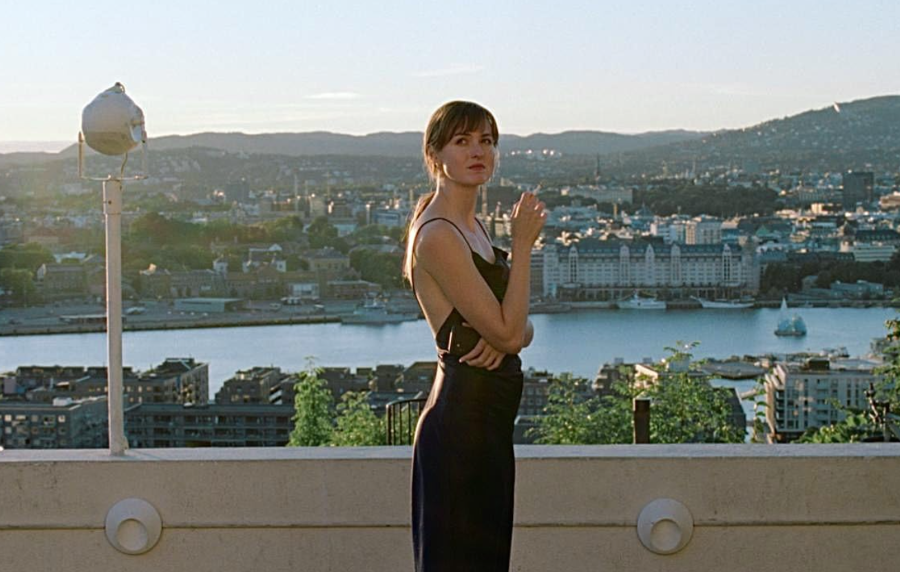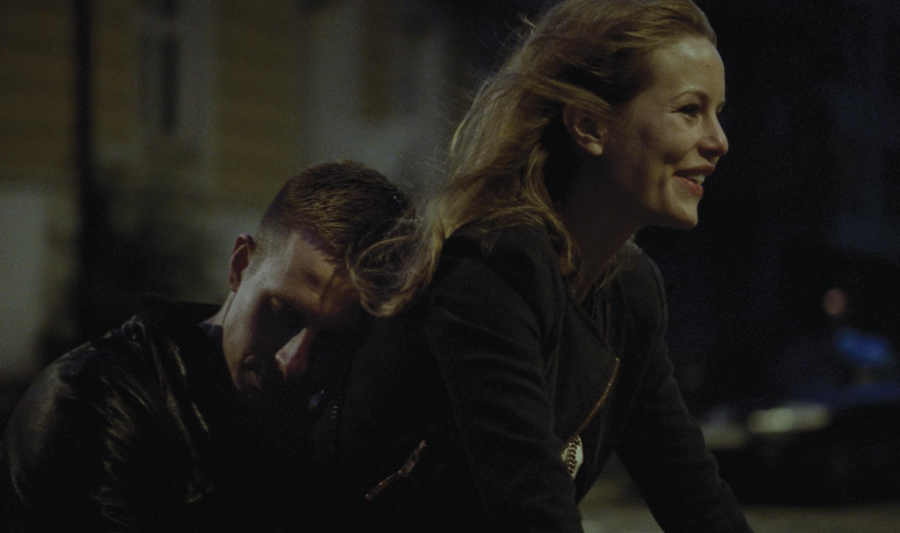
A love letter to modern youth: Joachim Trier's ‘Oslo Trilogy’
Joachim Trier, a Danish-Norwegian director known well for his recent internationally acclaimed movie ‘The Worst Person in the World,’ masterfully employs the magic of storytelling to connect with the audience. His three films, referred to as the ‘Oslo trilogy,’ serves as a love letter to modern, lost youth on a quest to find clarity and happiness.‘The Worst Person in the World,’ ‘Oslo, August 31st,' and ‘Reprise,’ offer an intimate window into the ordinary lives of people grappling with their feelings. Through these painfully sincere movies, in which the director showcases the melancholia related to the late twenties and early thirties while taking us on a journey intertwined with complicated life decisions.
 Anders Danielsen Lie and Espen Klouman Hoiner in Reprise © IMDb
Anders Danielsen Lie and Espen Klouman Hoiner in Reprise © IMDbPainfully relatable characters
It is almost impossible not to see yourself in at least one of the characters from this trilogy. While Julie from ‘The Worst Person in the World’ is completely lost and does not know what she wants to achieve, ‘Reprise’ deals with the unexpected and unfair turn of events and the importance of luck in life. Perhaps, ‘Oslo, August 31st’ is the most daunting of them all as it deals with the heavier topic of addiction and does not shy away from showcasing the state of a nihilist who does not want to start his life over, as he feels that it is too late.
Each one of the characters deals with the internalised pain of not knowing their true selves and what they expect from life. Julie tries out multiple professions and cannot find her true calling until the very last minutes of the movie. Philip has a breakdown once he understands that his art is not appreciated. Anders, from ‘Oslo, August 31st’, does not see the point of starting his life over in his mid-thirties when observing his friends' successful careers and lives. In reality, none of these well-established adults find true satisfaction in their lives and often yearn for a return to the thrill of unpredictability and the absence of routine. The portrayal of an enduring desire for something more, coupled with the harsh struggle to embrace responsible adulthood, is a key reason why the 'Oslo trilogy' is resonating strongly with both Millennials and Gen Z.
 Renate Reinsve in The Worst Person in the World © IMDb
Renate Reinsve in The Worst Person in the World © IMDbExpectations without the virtue of patience
The modern youth grapples with the dread of missing out, the relentless pursuit of extraordinary achievement, and the agony of setting unattainable standards, often coupled with an impatience for rapid results. Not expecting too much is a form of self-care, but the characters in these stories embark on adventures with grandiose expectations, all the while impatiently pushing the boundaries of their journey.
Trier's 'Oslo Trilogy' highlights the virtue of patience: Everything takes time, and you can not live your life comparing yourself to others who seamlessly got everything they wanted earlier than you did. Some want to settle down as fast as possible, while others cannot take in the minor life seatbacks and feel like failures after not becoming their best selves by their mid-thirties. There is one short scene in ‘Oslo, August 31st’ where a side character talks about her endless dreams and expectations for the next ten years. Although the speech is heartwarming, when listening to the conversation from the perspective of Anders, the recovering addict, you start feeling pain as you understand that those dreams might not come true.
The audience may be quick to pass judgement and disapproval on these characters, often failing to realise they do the same in their own lives. It's a common tendency for people to incessantly ask the question "Why?" without ever offering the answer: "Everyone has their own pace." Consequently, much of their youth is spent in self-inflicted punishment for not aligning with the idealised characters they once wrote essays about in their second-grade literature class.
 Anders Danielsen Lie and Johanne Kjellevik Ledang in Oslo, August 31st © IMDb
Anders Danielsen Lie and Johanne Kjellevik Ledang in Oslo, August 31st © IMDbWhen timing matters
Timing matters. That’s one of the vital takeaways from the ‘Oslo Trilogy.’ There's a moment for charting your career, for settling down, and even for hitting the reset button. It's time to abandon the habit of setting deadlines on life and, instead, invest the time to unearth your true desires. In line with real life, most of the characters experience bittersweet endings. Unlike the convenient 5-minute resolutions we're accustomed to in Hollywood films, these narratives mirror the complexity of life. Perhaps the resounding takeaway is that instead of hastily making choices for temporary comfort, we should place trust in the process and the pivotal role that timing plays. The films' conclusions are open to interpretation, underscoring the idea that some things may not work out immediately, but that doesn't signify they never will.
As an Art de Vivre subscriber, read more from us and discover world-renowned visionaries who have defied the status quo.
